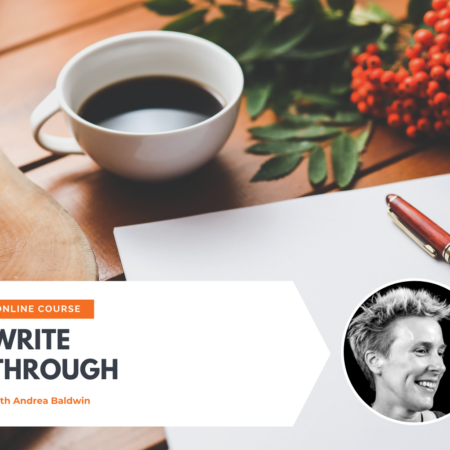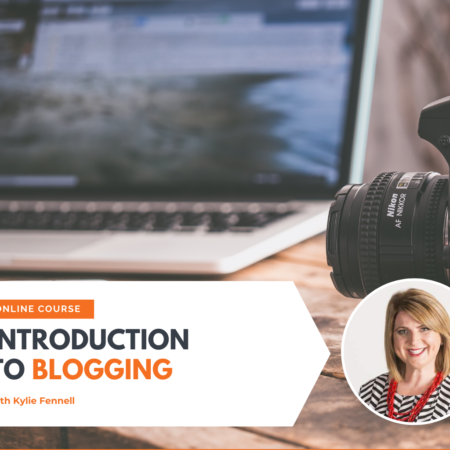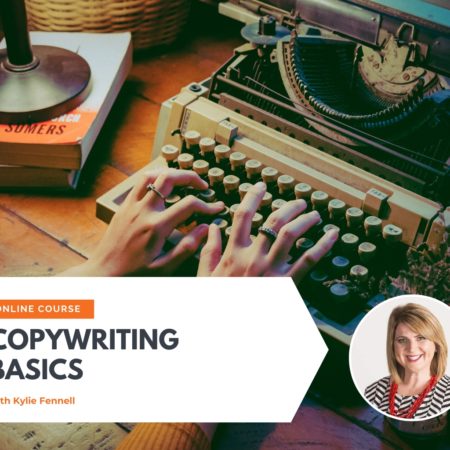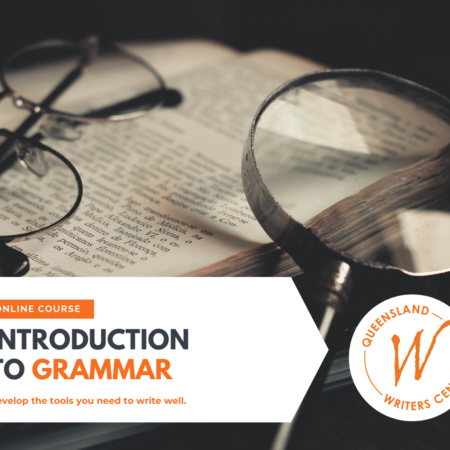Nick Earls’ Narrative Toolkit
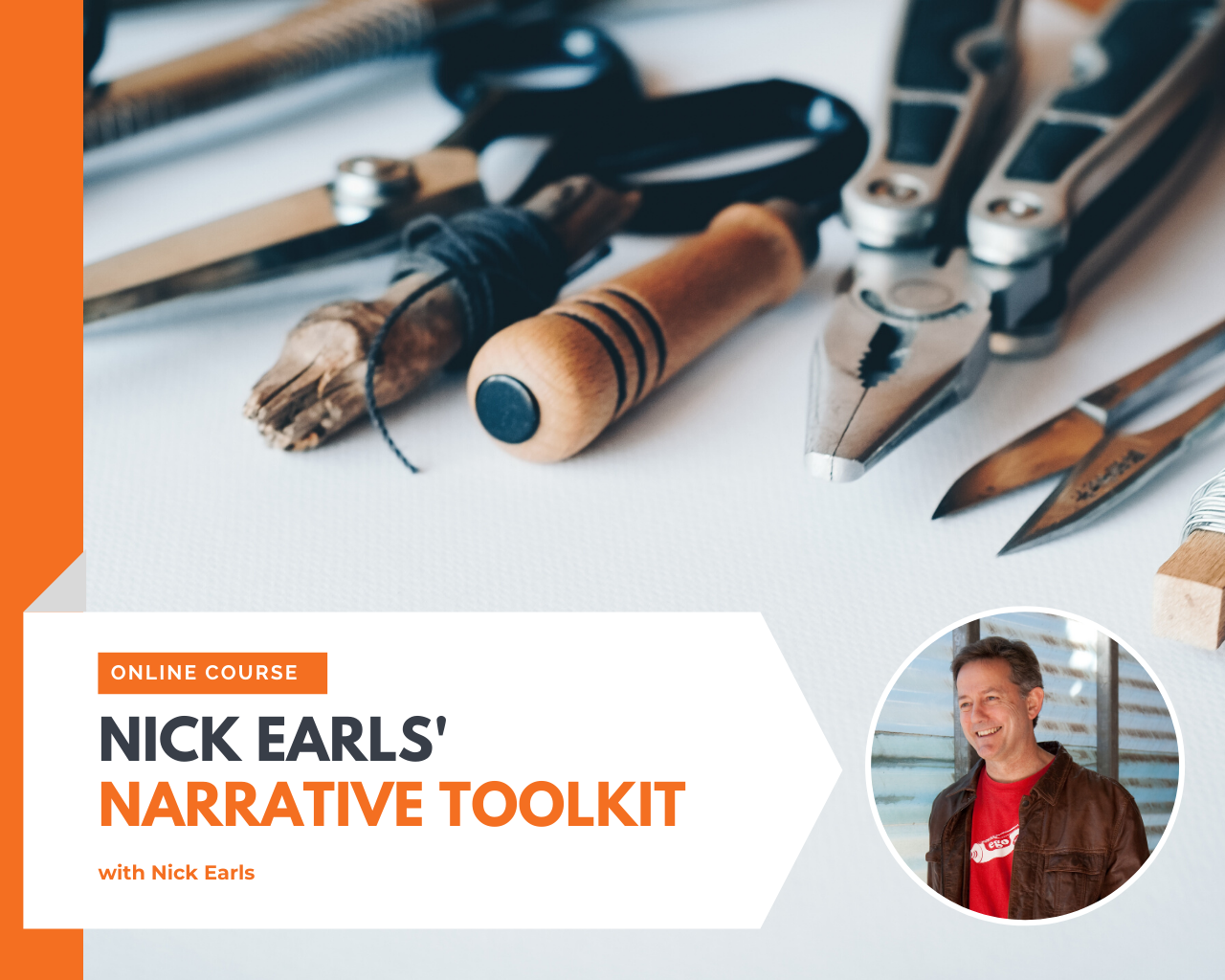
For his Narrative Toolkit, Nick Earls takes what he has learned over a 27-book career and turns it into a kit of practical writing tools.
Why a Narrative Toolkit? Too often writers get stuck waiting for the next idea, or feel unsure about their next step, and the Toolkit deliberately rethinks writing from the perspective of having tools to reach for, in a conscious and deliberate way. From discovering and developing story and character ideas, to structuring a narrative, to writing and editing, the Narrative Toolkit aims to empower writers to take command of each step in the writing process, giving participants the confidence that they have tools within reach to address any challenges. And it aims to do it in a way that makes the most of images and anecdotes, and is both memorable and entertaining.
Over the course of one hour, writers will be introduced to the tools in the kit, with Nick Earls giving practical examples of them in action. In the follow-on workshop, writers are provided with stimulus material and, over the course of ten steps, develop and write a short story.
About Nick Earls
Nick Earls is the author of more than twenty books, including the bestselling novels Zigzag Street, Bachelor Kisses, Perfect Skin and World of Chickens. His work has been published internationally in English and in translation, and has won awards in the UK and Australia. Five of his novels have been adapted into plays and two into feature films.
Course Structure
Narrative Toolkit is entirely self-guided, so you can progress at your own pace. Once you’ve purchased the course, the content will remain open to you for up to one year, meaning you can come back any time for a refresher. Course content is delivered in a series of video lectures.
A written adaptation of these video lectures will also be available soon.
More Information and FAQs
This package was recorded in its present form for high-school students participating in school-initiated remote learning, but has been made available for individuals (high-school students and otherwise) in response to demand.
FAQs (and Nick Earls’ answers)
Do I need to do the workshop all in one go?
No. It’s probably better if you don’t. Break the eight preparatory steps into at least a few sessions, if that’s feasible. That way, you’ll be fresh each time you approach it, and you might be surprised by the ideas that bubble to the surface in the meantime.
Is it suitable for adults?
Definitely. I regularly take the Narrative Toolkit approach when I do workshops with adults, and use these exact workshop steps. Just ignore the 2% of the time I’m talking about teachers’ expectations, the curriculum, etc, and focus on the 98% that’s all about the tools.
Is it suitable for primary-school-age children?
For some more advanced primary school children, there should be useful material in here, but there are a couple of things to bear in mind. Even among smart, capable, well-read primary students, I’ve yet to meet one for whom all the material on finding a writing voice clicks, but that’s not the case with many of the other tools (use of detail, etc). Also, primary school students are necessarily encouraged to write in some ways that wouldn’t constitute good writing in the wider world, eg, throwing in your big words, manufacturing noun groups. These are valid skills to acquire, but it tends to be later that we learn that they’re best when used selectively. You won’t hear me advocating those things as tools. Interested upper primary students might get quite a bit out of it but, when they’re writing for their teachers, they need to remember to add back in some of the things their teachers want and that I don’t advocate.
Is it targeted at school assessment?
No. It’s about developing writing skills, not about a particular piece of assessment. When it’s used by schools with assessment preparation in mind, it can be accompanied by a customised intro video and teacher input to re-set the parameters of the workshop to a degree, if necessary. For individuals, though, it’s all about writing.
Is it genre-specific?
No. Well, not really. It leans towards contemporary realism, because that’s where I lean. I have great respect for the genre market (speculative fiction, crime, romance, etc), but it’s not where I work or have expertise, so I don’t go there. The majority of the tools should work well for just about all kinds of fiction. Some (eg, the web-based research tools discussed) might be most valuable for contemporary realism, though even they can often be adapted for other genres or time periods.
What if I want to write something bigger than a short story?
Go for it. The workshop mentions a (quite short) short story as its intended outcome, since that’s a complete tangible thing that might be achieved in 5-8 hours, but you’re welcome to give this as much time and as many words as you’re willing to. These tools work for short stories, novellas, novels and series. If you’re writing something bigger, you don’t need to contain your story to the single transformational moment mentioned in the workshop video but, at the same time, containment is something of a virtue and you should aim to write only what you need to write, whatever size creature it ends up being.
Is it possible to start with my own ideas, rather than the initial workshop prompts?
Sure. The bag of prompts comes from years of workshopping, and developing something that gets people over the first hurdle – the ‘But I don’t have any ideas’ hurdle. It’s also good when working with a group of people, since it sets the same starting point for all. But you don’t have to play by those rules. If there’s something of your own you want to develop, go right ahead and do it. The steps, starting with a focus on character, will still work. A review of the talk video could be useful too, as it devotes some time to how to go about developing your own ideas.
Course Features
- Lectures 3
- Quizzes 0
- Skill level Beginner or refresher
- Language English
- Students 96
- Certificate Yes
- Assessments Yes
-
The Narrative Toolkit

